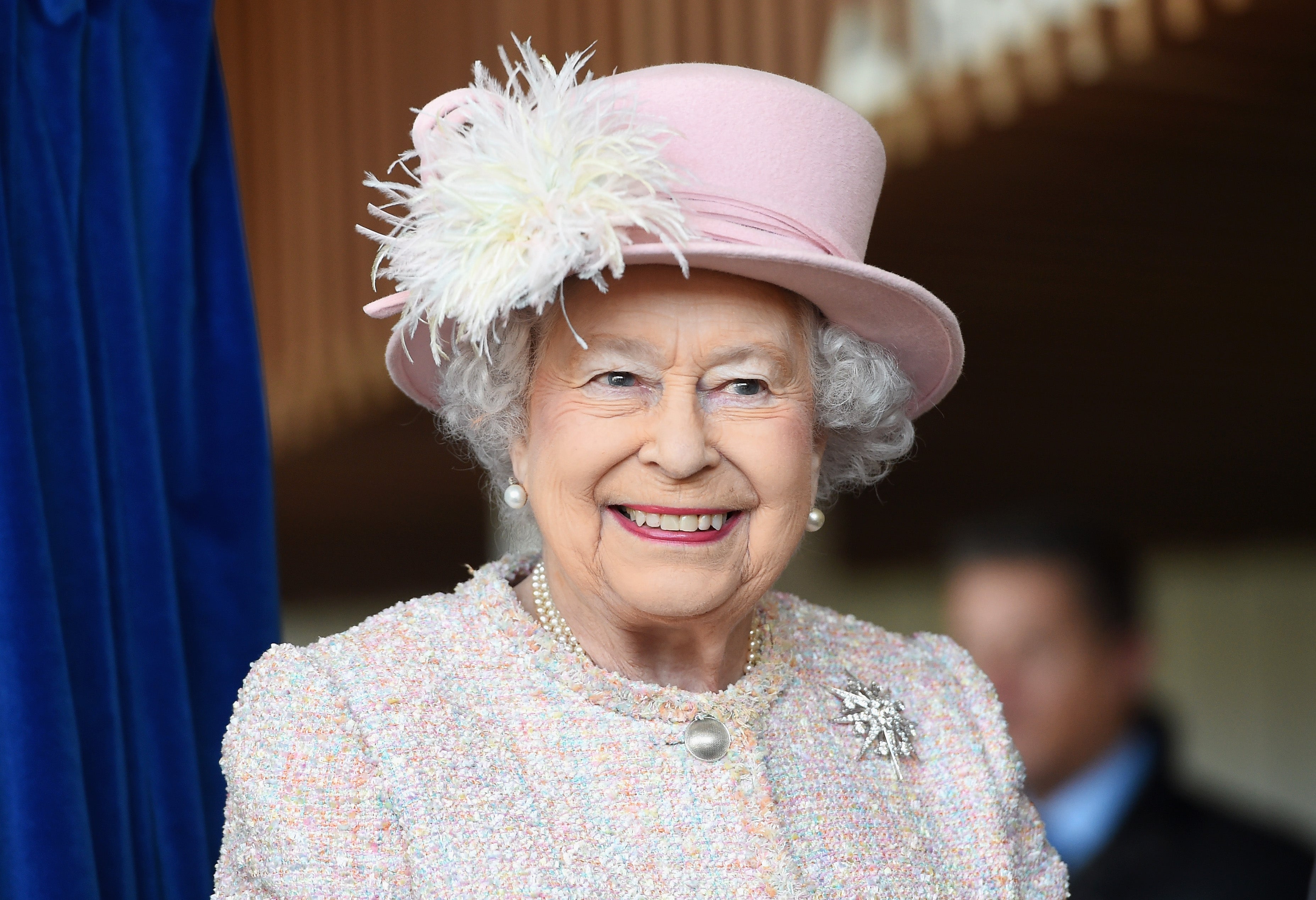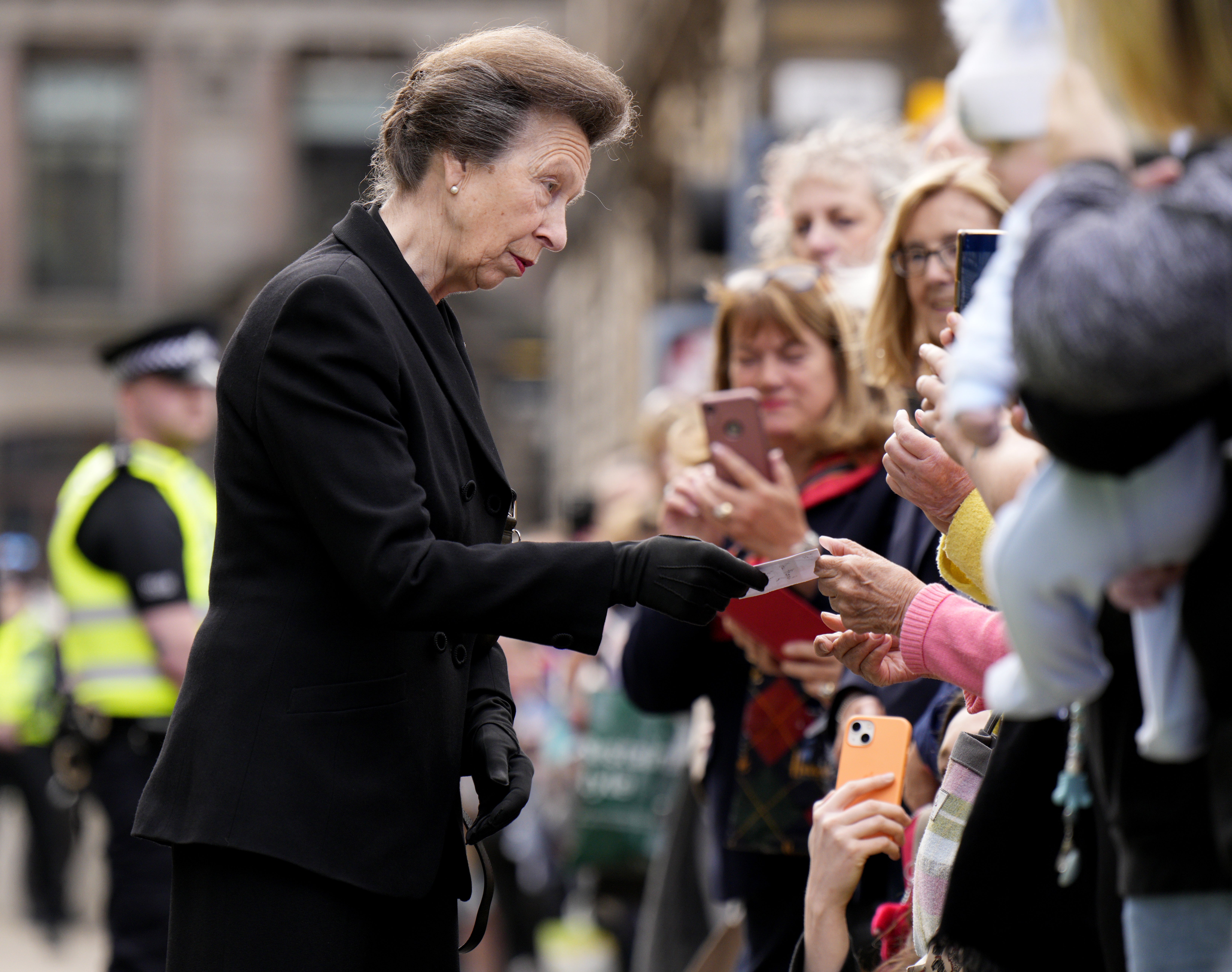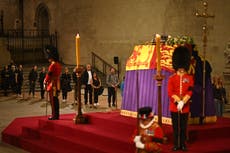Prince Andrew’s role means he could stand in for King Charles
By law, counsellors of state include sovereign’s spouse and next four people in line of succession over age of 21
Even before the Queen’s death there have been questions about what role - if any - Prince Andrew will play in public life after the Jeffrey Epstein scandal.
The Duke of York is no longer a working royal, having stepped back from public duties in November 2019 after backlash to his friendship with the convicted paedophile.
But since the death of his mother last week, there has been fresh scrunity of his status as counsellor of state, a role which means he could temporarily deputise for his brother King Charles.

Critics raised concerns Prince Andrew was resuming royal duties despite his high-profile fall from grace.
Below we look at the position, and what it means for the disgraced prince.
What is a counsellor of state?
In the event a monarch cannot undertake their official duties as sovereign on a temporary basis due to illness or absence abroad, two or more counsellors are appointed by Letters Patent to act in their place.
By law, under the Regency Act 1937, counsellors of state include the sovereign’s spouse and the next four people in the line of succession who are over the age of 21.
As new royals fill those requirements, they replace previous counsellors.

Which royals are counsellors?
Camilla, now Queen Consort, Prince William, Prince Harry, Prince Andrew and the newly added Princess Beatrice are the current counsellors of state as of 8 September.
Andrew, who is now eighth in line to the throne, has been in the role since 1981 when he turned 21 so this is not a new appointment.
Therefore his brother Charles did not make the appointment upon his ascension to the thrown despite claims to the contrary.

Why not Princess Anne?
The King’s sister, Princess Anne, is unable to act in the role because of a rule known as “male primogeniture” which applied when she was born and meant male heirs had a right to the throne over women, even if they were younger.
The Succession to the Crown Act changed this in 2013 to give women equal rights to men in the line of succession, however the new legislation only applies to those born after 28 October 2011.

Will the rules change?
There has been debate in the past about whether laws should be rewritten to give more freedom of the selection of counsellors of state, but it is not yet clear whether this is something King Charles III is considering.
It would require new legislation to be passed to allow Anne to replace Andrew – but the fresh inclusion of Camilla and Beatrice could mean it is less likely this route is explored.
Harry could also potentially be removed from the role as he lives in the US and is also no longer a working royal.

Who stood in for the Queen when she was alive?
The Queen’s Covid scare in February reignited the debate at a time when her husband Prince Philip was counsellor of state along with Charles, William, Harry and Andrew.
At the time, Charles had also contracted Covid, William was abroad in Dubai, Andrew had stepped back permanently from royal life while he fought a civil sexual assault case, and Harry was living in the US after quitting as a senior working royal.
Counsellors of state are authorised to carry out most of the official duties of the Sovereign, for example, attending Privy Council meetings, signing routine documents and receiving the credentials of new ambassadors to the United Kingdom.
Charles and William stood in for the Queen in May to open a new session of parliament when the former monarch was unable to because of mobility issues.
However, there are a number of core constitutional functions that may not be delegated: Commonwealth matters, the dissolving of parliament, except on His Majesty’s express instruction, the creation of peers and appointing a prime minister.
Join our commenting forum
Join thought-provoking conversations, follow other Independent readers and see their replies
Comments



Bookmark popover
Removed from bookmarks